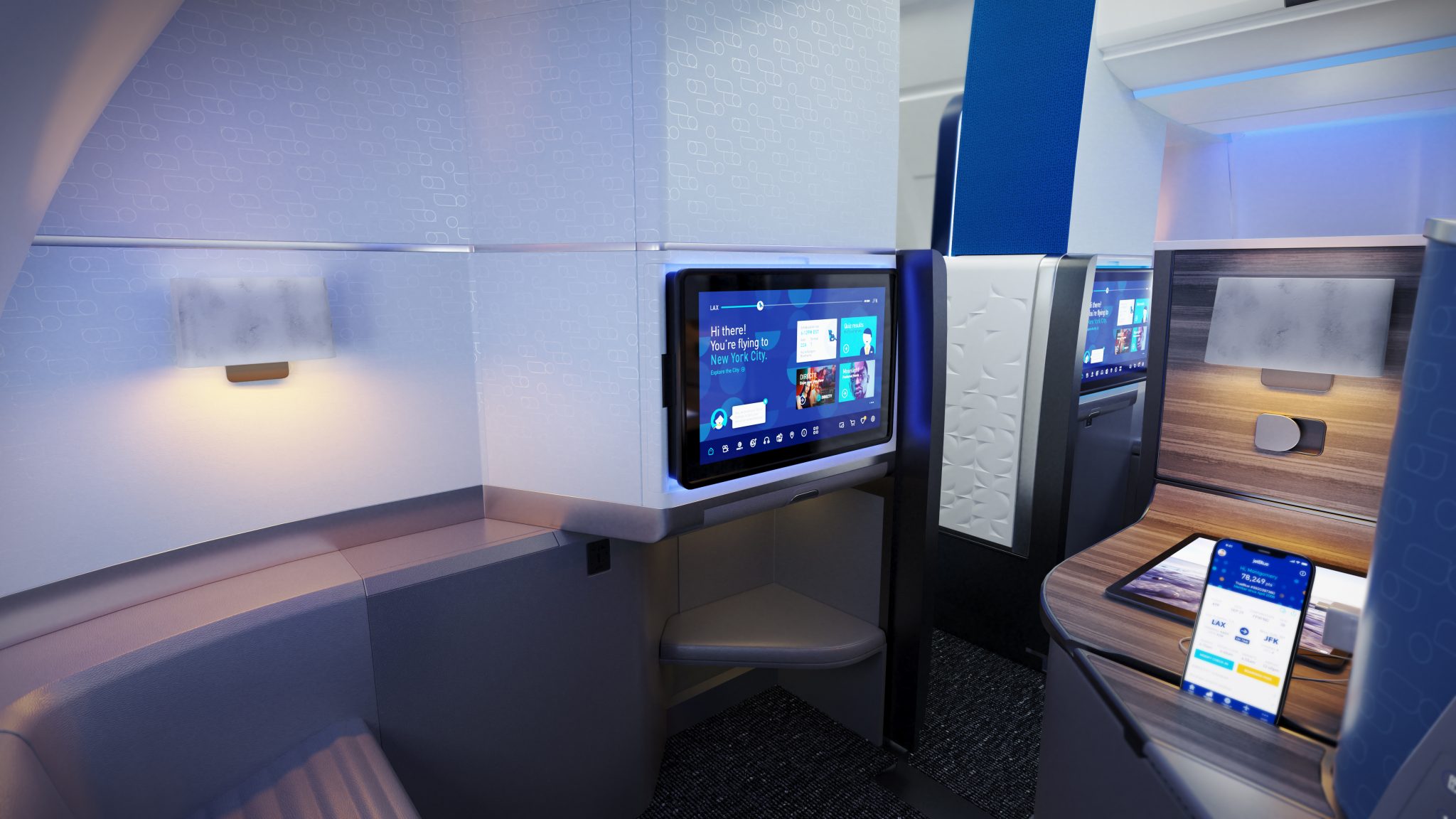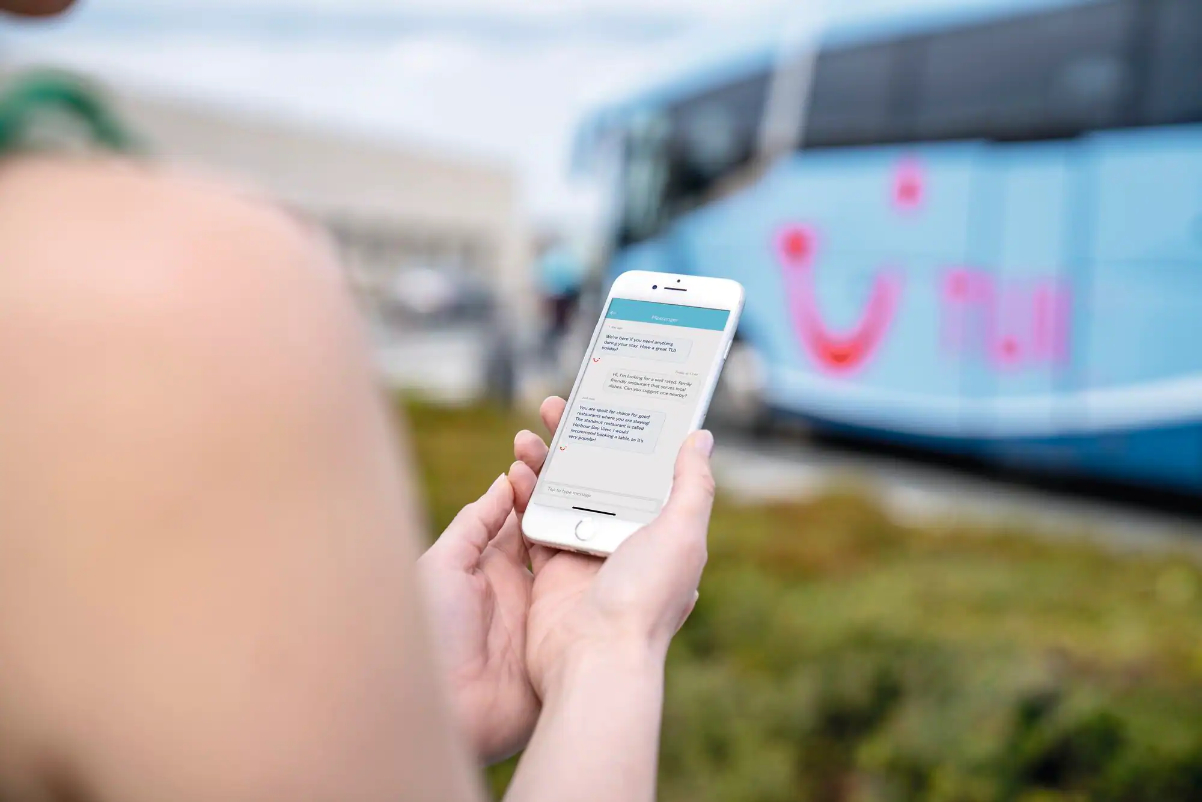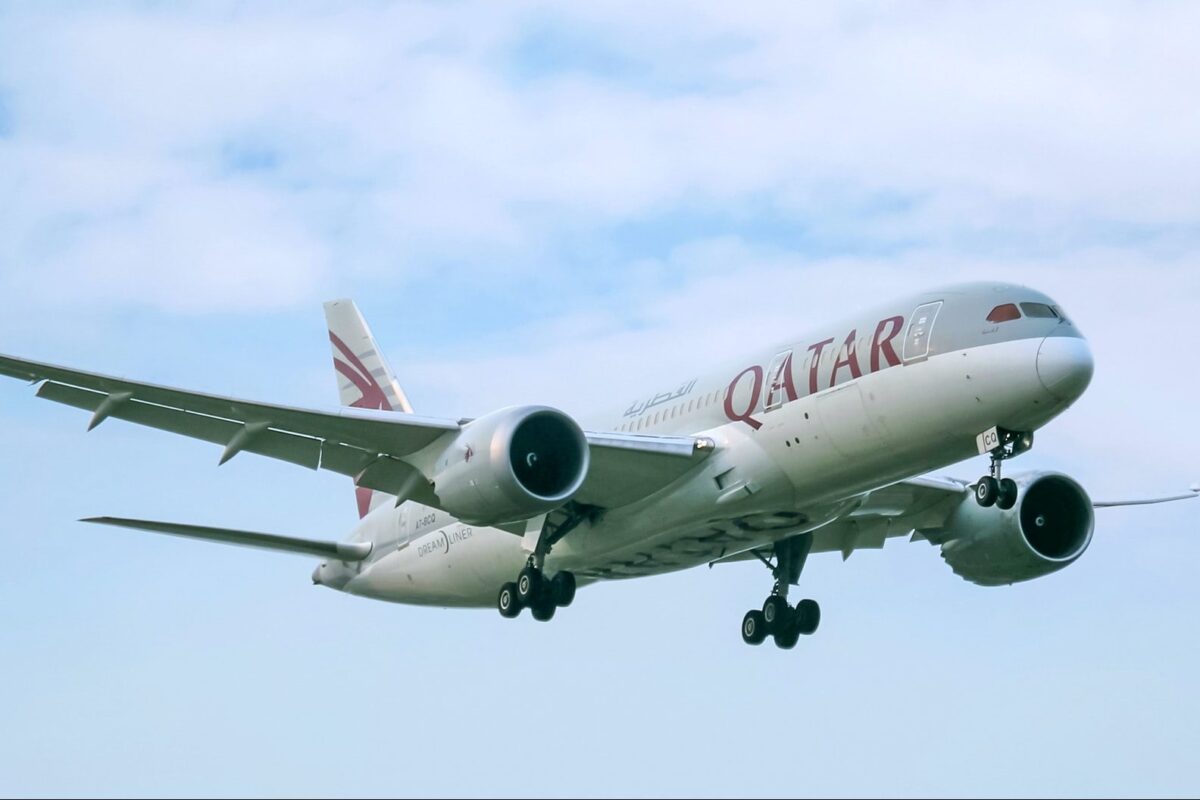The Aspirations of JetBlue to Be a Travel Tech Company

Skift Take
JetBlue Airways sees itself adding a business line that is different from flying planes — namely, travel technology.
During a little-noticed talk late last week, JetBlue's chief digital and technology officer Eash Sundaram outlined a plan for JetBlue to refashion itself as a tech company and lifestyle brand, too.
"Selling an air ticket is, by far, what airlines focus on, but if we turn ourselves into a travel tech company, we'll have a lot more products we can offer," said Eash Sundaram, chief digital and technology officer, when speaking at Software Intelligence Forum 2021.
The executive’s comments need context. In 2020, JetBlue derived only 7.5 percent of its $2.95 billion in operating revenues from non-airline revenue. It’s still mainly an airline.
Sundaram said JetBlue is looking at efforts to "future-proof" its business by diversifying beyond just flights.
"We look at future-proofing JetBlue in two ways," Sundaram said. "One is, 'Do we have products that can sustain themselves through the course of the ups and downs of the airline industry?'... People look at us as a lifestyle brand and not just an airline now."
Sundaram was light on details. But Skift noticed that JetBlue has been advertising to hire a graphic designer to help with a mysterious subbrand called Paisly, among other projects.
"Future-proofing is also going deeper into leveraging the latest and greatest technologies to do business differently," Sundaram said.
Rather than wholly originating software or hardware, JetBlue's approach will mainly be to co-create solutions with partners' help.
For example, on the consumer-facing side, Sundaram touted JetBlue's mobile apps, which he said has a 4.9-star rating out of five stars on the Apple and Android app stores. The company worked with external developers and designers to perfect the app, Sundaram said.
JetBlue's Vision
Sundaram suggested that JetBlue was spending money on the customization of enterprise software and hardware, too. But he was light on specifics.
The airline has a wholly-owned subsidiary, JetBlue Travel Products, which is a tech company in Fort Lauderdale, Florida, that's led by Andres Barry. The subsidiary has an experimental lab for testing new technologies and travel concepts. New tech, such as kiosks that enable contactless check-in for customers, passed through it first as a testing center. Its product integration team designs, develops, and manages business partner connections and software development.
But it appeared that JetBlue is looking to do more in enterprise software and hardware. The company aims to update its consumer- and employee-facing tools every five years on average reflects an effort to stay current with tech trends, Sundaram said.
JetBlue Bets on Startups
For about five years, JetBlue Technology Ventures has been the carrier's venture capital firm, startup incubator, and internal innovation unit. (Sundaram is an investment committee member of the unit.) JetBlue Technology Ventures has invested in nearly 30 startups. Some investments lead to strategic moves.
The airline uses the customer service messaging software of Gladly, one of its recent investments.
JetBlue Technology Ventures also invested in ClimaCell, a weather technology company. JetBlue did a trial of the startup's minute-by-minute weather predictions in five cities to see if it helped the carrier's ground crew make weather-related decisions better than other services. In one case, according to a company blog post, ClimaCell's more accurate forecasts predicted snow in Boston would end three hours ahead of other forecasters, which saved JetBlue about $100,000 in the cancellation-related costs of eight flights.
Another of JetBlue Technology Ventures' investments is Shape Security, a cybersecurity software company. JetBlue's employees have sat in on the startup's development processes, getting an inside view on security issues that can affect the airline.
Another investment has been Flyr, a startup that had focused on offering airfare forecasts in the service of price insurance for travelers. JetBlue Technology Ventures brainstormed with Flyr's team to consider focusing on airline revenue management software instead. In recent months, the startup debuted a new flagship product, Cirrus Revenue Operating System.
"The world of pricing has completely changed in the last couple of years, looking at dynamic pricing capabilities, whether it's machine learning or AI [artificial intelligence] — technologies that are completely changing that world," Sundaram said.
Despite all the talk, JetBlue Airways hasn't put much money into these non-airline efforts yet. In 2020, it spent $35 million on non-airline expenses, including JetBlue Tech Ventures operational costs and JetBlue Travel Products operational costs, which was 0.007 percent out of its $4.6 billion in expenses.
Airlines as Tech Companies
JetBlue, the fifth-largest passenger carrier in the U.S. based on revenue passenger miles, isn't alone in trying to transcend the idea of what an airline should do.
AirAsia Group has been trying to become an e-commerce player, saying last year that it was now "a digital lifestyle company." AirAsia Group CEO told Skift during an interview last fall that digital transformation was a critical way for the company to diversify its revenue streams.
Lufthansa Group for years has invested in its own technology, such as by in-sourcing some distribution work. It has an aircraft maintenance division, Lufthansa Technik. Its technology arm Lufthansa Innovation Hub has incubated a few businesses.
Not every airline effort to diversify into tech works out. In 2018, JetBlue launched Cruising Store, which aimed to use artificial intelligence to build better cruise booking and planning tools. But CruisingStore.com didn't survive.
Despite all the tech talk, JetBlue's hasn't forgotten its signature business. JetBlue has a network expansion strategy for routes in the U.S. and to the U.K. that's much more assertive than most of its U.S. peers at the moment.






